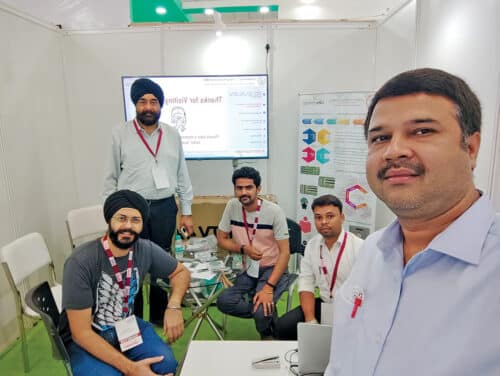Hands that help are holier than lips that pray. The Incubation Centre IIT Patna is aiding and harbouring small entrepreneurs with a vision and ideas to come up with feasible solutions for common problems.
The electronics system design and manufacturing (ESDM) industry is touted to be the world’s fastest-growing industry, with India committing to raise production to $300 billion by 2025-26. A major chunk of this growth rests on the development and encouragement of new and emerging technologies introduced by startups and entrepreneurs.
To reach this target, the Ministry of Electronics and Information Technology (MeitY) has set up incubation centres in different parts of the country to aid and encourage startup growth. One such incubator, nestled in the sprawling campus of IIT Patna, is the Incubation Centre IIT Patna, commonly known as IC IITP.
In 2014, MeitY approved a project to promote innovation and entrepreneurship in the ESDM industry with a special focus on medical electronics at a total estimated cost of ₹471 million, including a grant-in-aid of ₹221 million from MeitY. The state government of Bihar has agreed to contribute ₹250 million to the project.
The incubation facility aims to incubate 50 startups over five years. The incubation centre offers seed funding of up to one million rupees for each project, along with mentorship, and helps the startups get connected with potential investors. The centre has processed more than 1,000 applications since its inception and has worked with more than 60 startups in medical electronics, healthcare, IoT, automation, robotics, waste management, industrial solutions, consumer electronics, and education.
Out of the many startups under its wing, Electronics For You got in touch with three innovative startups that have managed to set a benchmark in the ESDM sector with IIT Patna’s support.

India’s portable power








